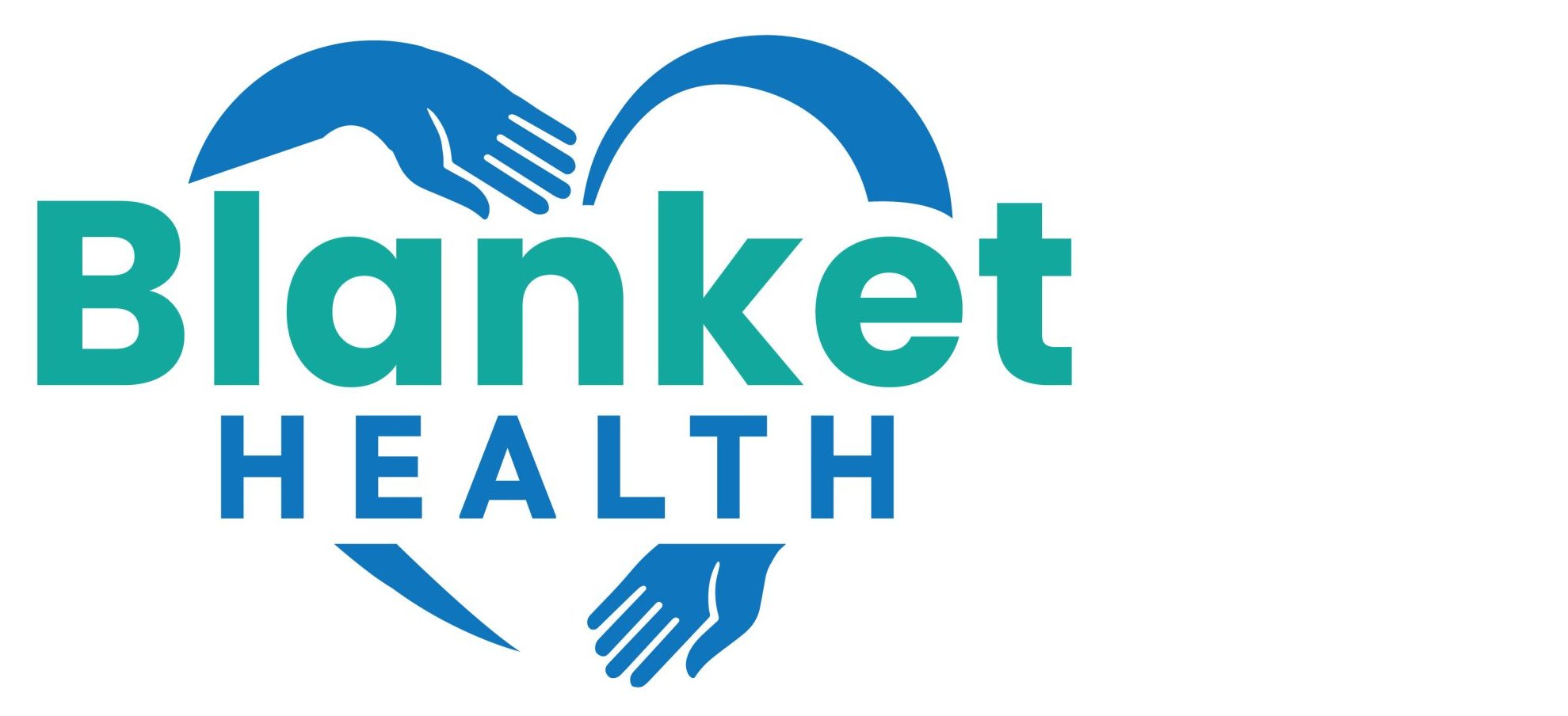Embarking on a new diet can be an exciting and transformative journey toward better health and well-being. However, the real challenge lies in maintaining consistency and sticking to your diet plan over the long term. Whether you’re aiming to shed pounds, manage a health condition, or simply adopt a healthier lifestyle, these 10 practical tips will help you stay on track and successfully adhere to your diet.
Set Clear, Achievable Goals: Begin your dietary journey by setting clear and achievable goals. Define what you want to accomplish and establish specific, measurable, and realistic targets. Having well-defined objectives provides focus and motivation, making it easier to stay committed to your diet.
Plan Your Meals Ahead: Meal planning is a powerful tool for dietary adherence. Design a weekly meal plan that includes a variety of nutritious foods, and prep your meals in advance. Having healthy, ready-to-eat options readily available reduces the temptation to deviate from your diet when you’re hungry and pressed for time.
Educate Yourself About Nutrition: Understanding the nutritional value of different foods empowers you to make informed choices. Familiarize yourself with the basics of nutrition, including macronutrients (carbohydrates, proteins, fats) and micronutrients (vitamins and minerals). This knowledge will help you select foods that align with your diet goals.
Keep a Food Diary: Recording your daily food intake in a food diary can be eye-opening. It provides insight into your eating habits, helping you identify areas for improvement and track your progress. Several apps and websites make it easy to log your meals and monitor your calorie intake.
Portion Control is Key: Even when eating nutritious foods, portion control is crucial for managing calorie intake. Learn to estimate portion sizes visually or use measuring tools to ensure you’re staying within your recommended limits. Smaller plates can also trick your brain into feeling satisfied with less food.
 Stock a Healthy Kitchen: Maintain a well-stocked kitchen filled with wholesome, diet-friendly foods. When your pantry and fridge are full of nutritious options, you’re less likely to resort to unhealthy choices out of convenience. Stock up on fruits, vegetables, lean proteins, whole grains, and healthy snacks.
Stock a Healthy Kitchen: Maintain a well-stocked kitchen filled with wholesome, diet-friendly foods. When your pantry and fridge are full of nutritious options, you’re less likely to resort to unhealthy choices out of convenience. Stock up on fruits, vegetables, lean proteins, whole grains, and healthy snacks.
Find Healthy Alternatives: Cravings for unhealthy foods are common when dieting. Instead of giving in to these cravings, seek out healthier alternatives that satisfy your taste buds while aligning with your diet plan. For example, swap out chips for air-popped popcorn, or choose a piece of dark chocolate instead of a candy bar.
Practice Mindful Eating: Mindful eating involves paying full attention to your food, savoring each bite, and being aware of your body’s hunger and fullness cues. This practice can help you eat more slowly, enjoy your meals, and avoid overeating. Turn off distractions like the TV or computer during mealtime to focus on your food.
Stay Hydrated: Drinking enough water is essential for overall health and can also aid in dietary adherence. Sometimes, thirst is mistaken for hunger. Keep a water bottle with you throughout the day and drink water before meals to help control appetite.
Seek Support and Accountability: Dieting doesn’t have to be a solitary endeavor. Engage friends, family members, or join a support group to share your goals and challenges. Having a support system provides encouragement and accountability, making it easier to stick to your diet.
Bonus Tip: Allow Occasional Treats: While consistency is crucial, it’s also essential to allow yourself occasional treats or “cheat” meals. Deprivation can lead to diet burnout, so plan for controlled indulgences to satisfy cravings without derailing your overall progress. Moderation is key.
Sticking to your diet doesn’t have to be a daunting task. By setting clear goals, planning meals, educating yourself about nutrition, and practicing mindful eating, you can build a foundation for dietary success. Remember that dietary adherence is a journey filled with ups and downs, and occasional slip-ups are normal. The key is to stay committed, make adjustments as needed, and maintain a balanced and sustainable approach to eating that aligns with your health and well-being goals. With dedication and these practical tips in your toolkit, you can achieve lasting dietary success.



 Nutrition consultation with your doctor takes the concept of healthy eating to a whole new level. It involves a collaborative effort between you and your healthcare provider to assess your dietary habits, identify areas for improvement, and develop a personalized nutrition plan tailored to your unique needs and health goals.
Nutrition consultation with your doctor takes the concept of healthy eating to a whole new level. It involves a collaborative effort between you and your healthcare provider to assess your dietary habits, identify areas for improvement, and develop a personalized nutrition plan tailored to your unique needs and health goals. When you meet with your doctor, it’s essential to initiate a productive conversation about your diet. Here’s how to get started:
When you meet with your doctor, it’s essential to initiate a productive conversation about your diet. Here’s how to get started: Stock a Healthy Kitchen: Maintain a well-stocked kitchen filled with wholesome, diet-friendly foods. When your pantry and fridge are full of nutritious options, you’re less likely to resort to unhealthy choices out of convenience. Stock up on fruits, vegetables, lean proteins, whole grains, and healthy snacks.
Stock a Healthy Kitchen: Maintain a well-stocked kitchen filled with wholesome, diet-friendly foods. When your pantry and fridge are full of nutritious options, you’re less likely to resort to unhealthy choices out of convenience. Stock up on fruits, vegetables, lean proteins, whole grains, and healthy snacks.
